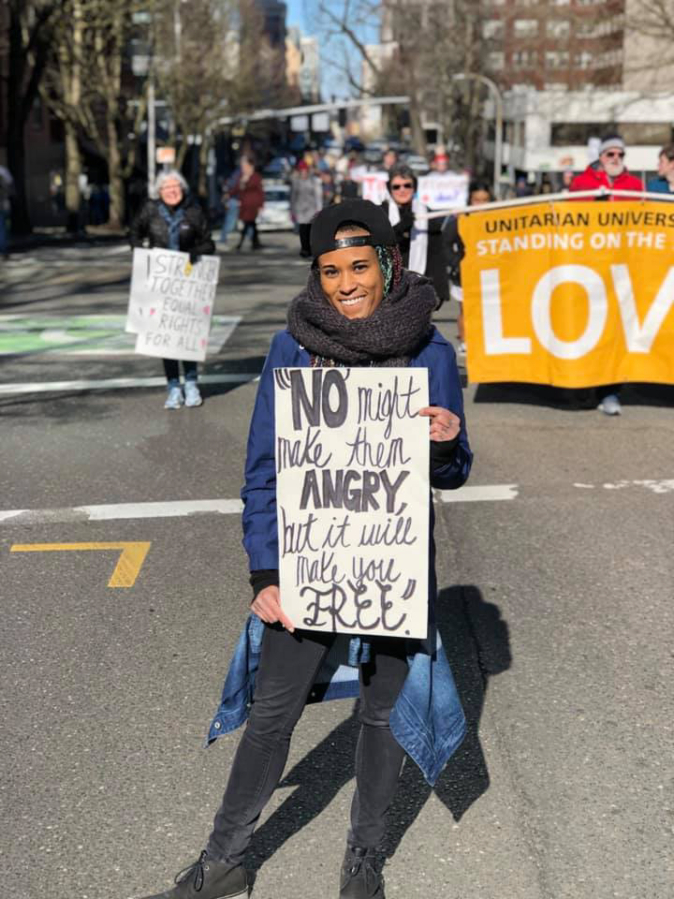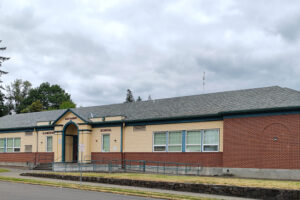When Charlotte Lartey was 4 years old, she discovered her sister standing in a bathtub, screaming in pain after pouring bleach on her skin so that the other girls at school would stop calling her “ugly” and “evil.”
About eight years later, a boy who had already directed an ethnic slur toward Lartey’s brother, stabbed her in the chest with a needle and told her to die.





